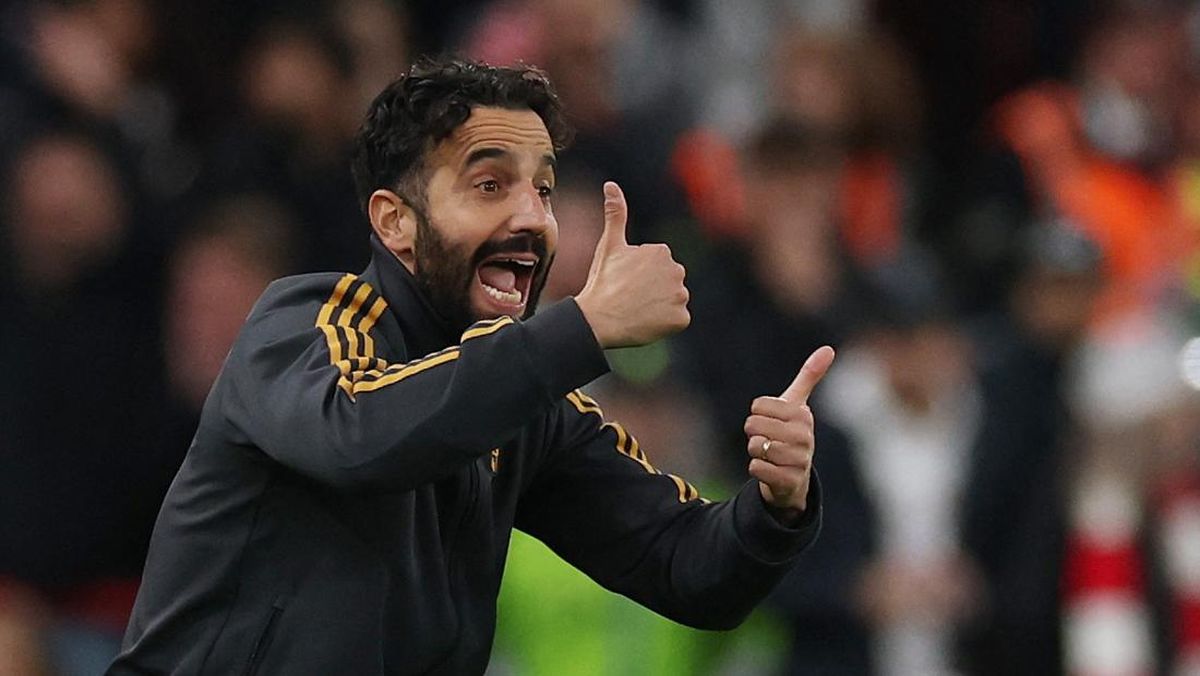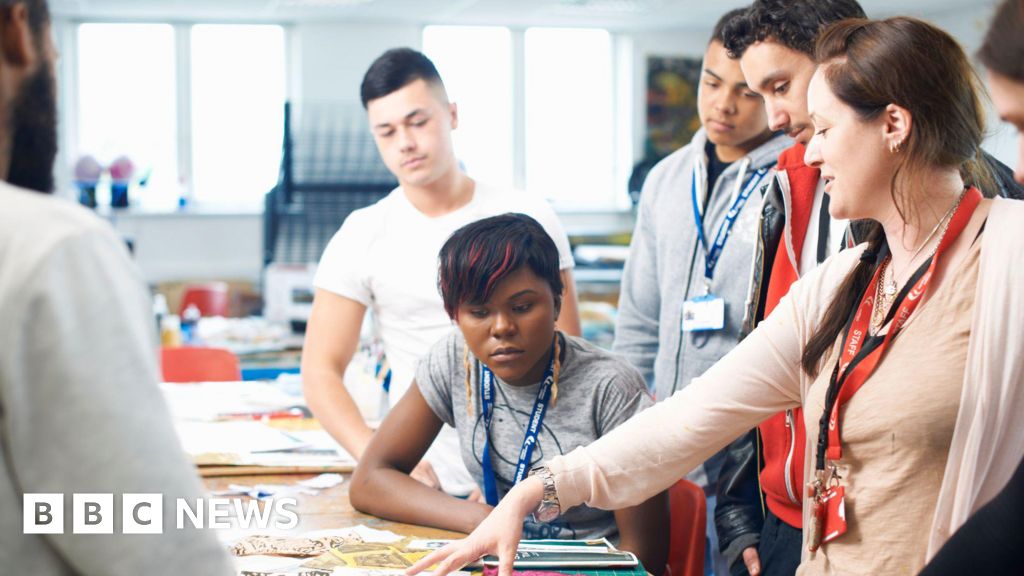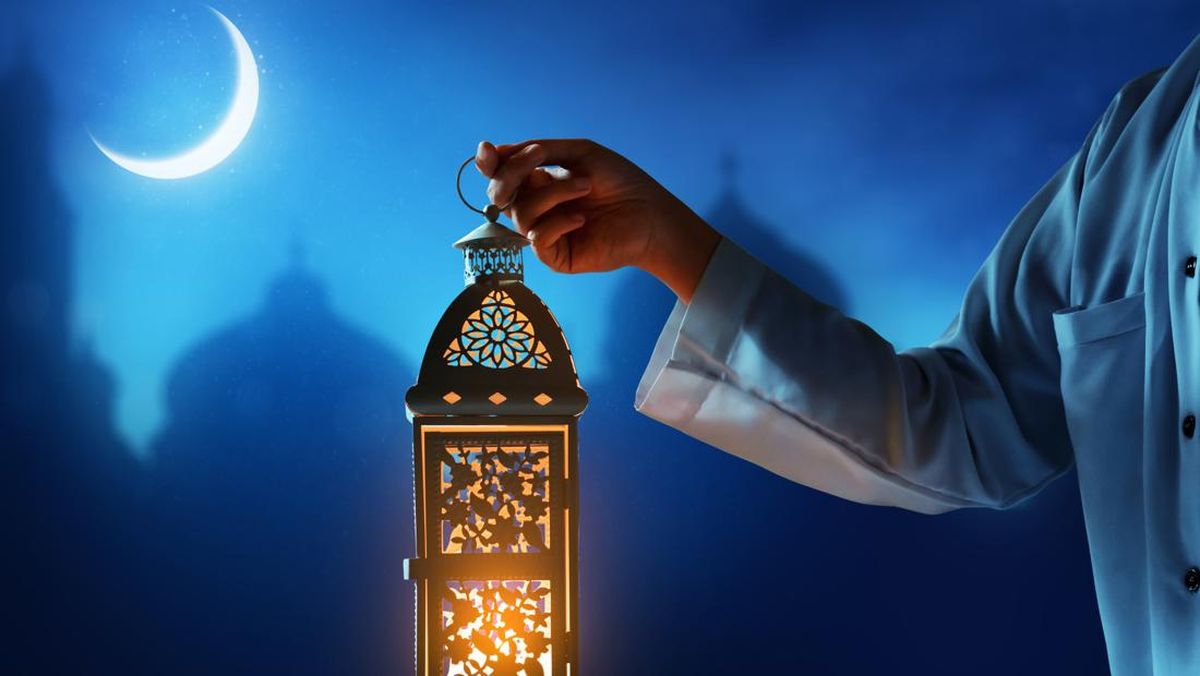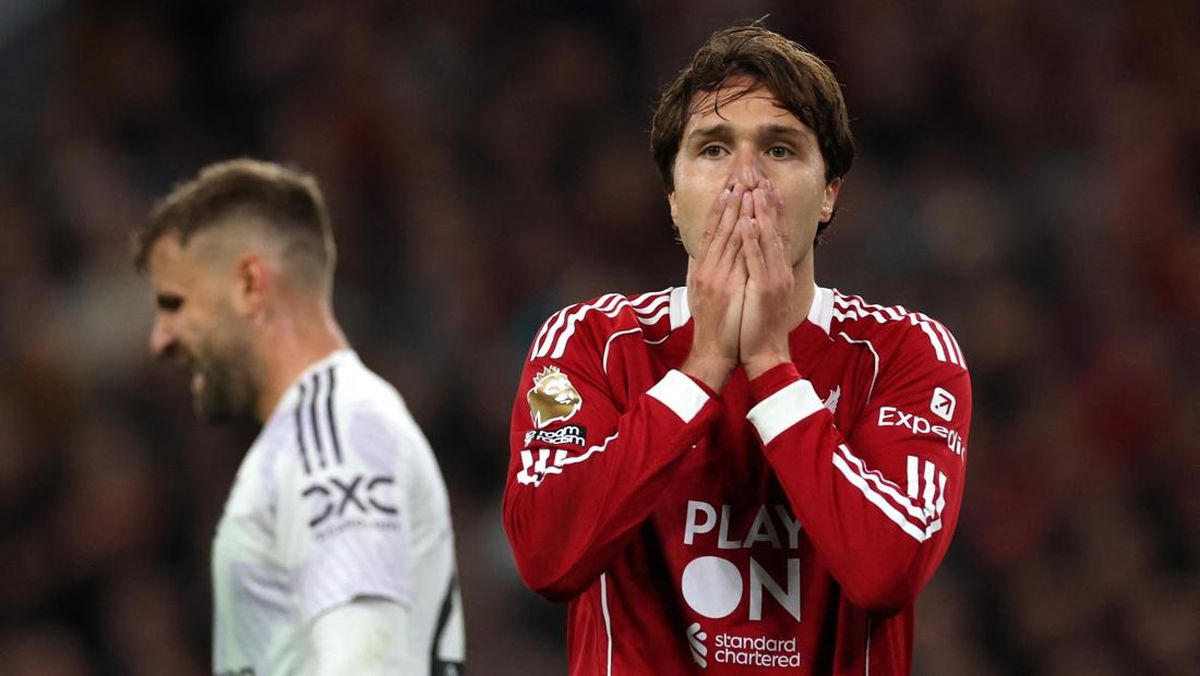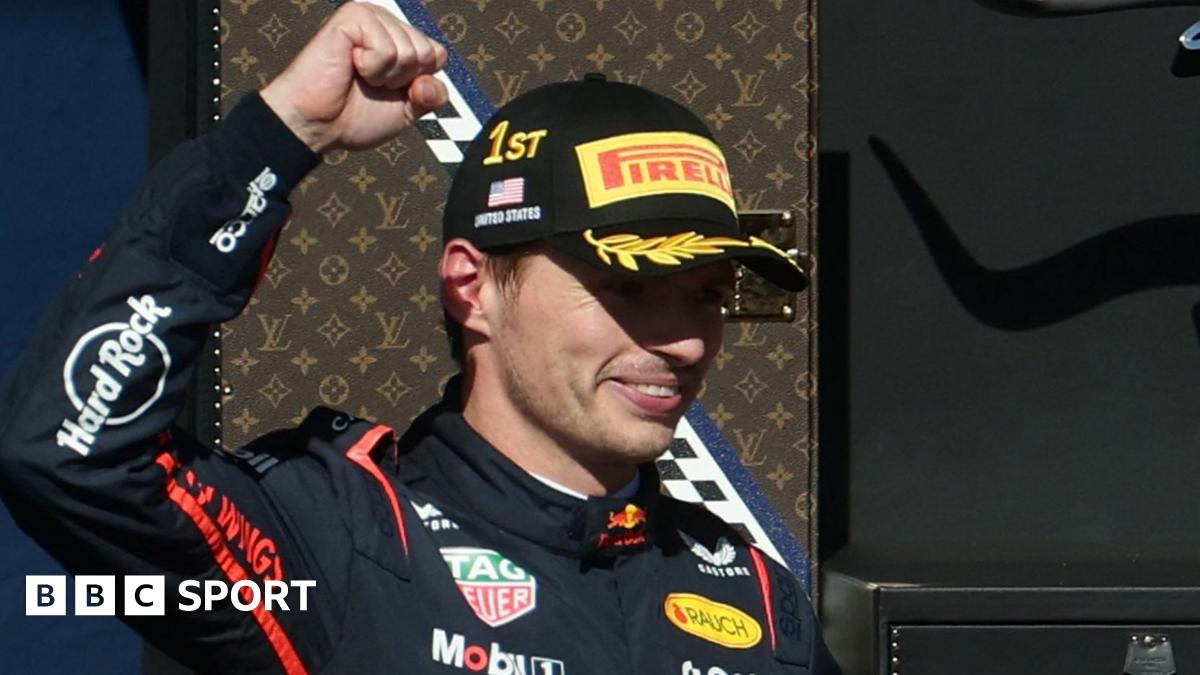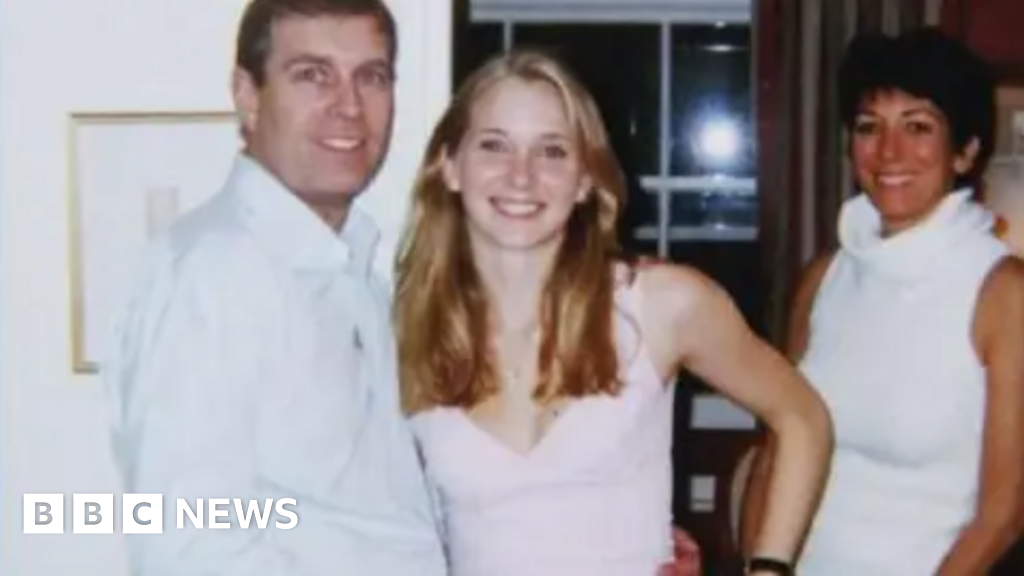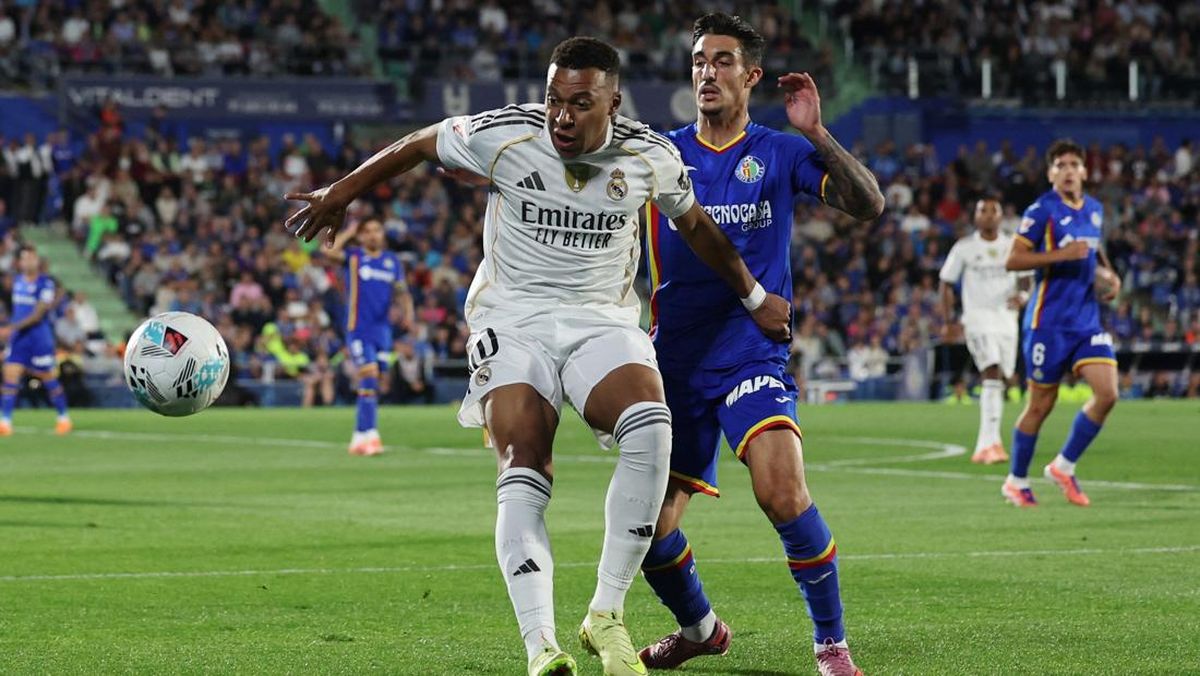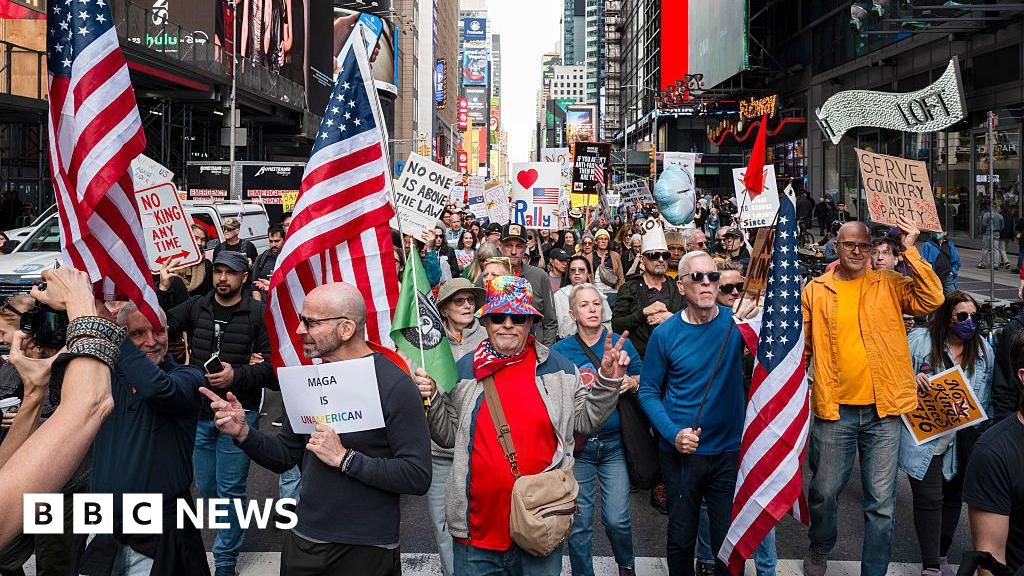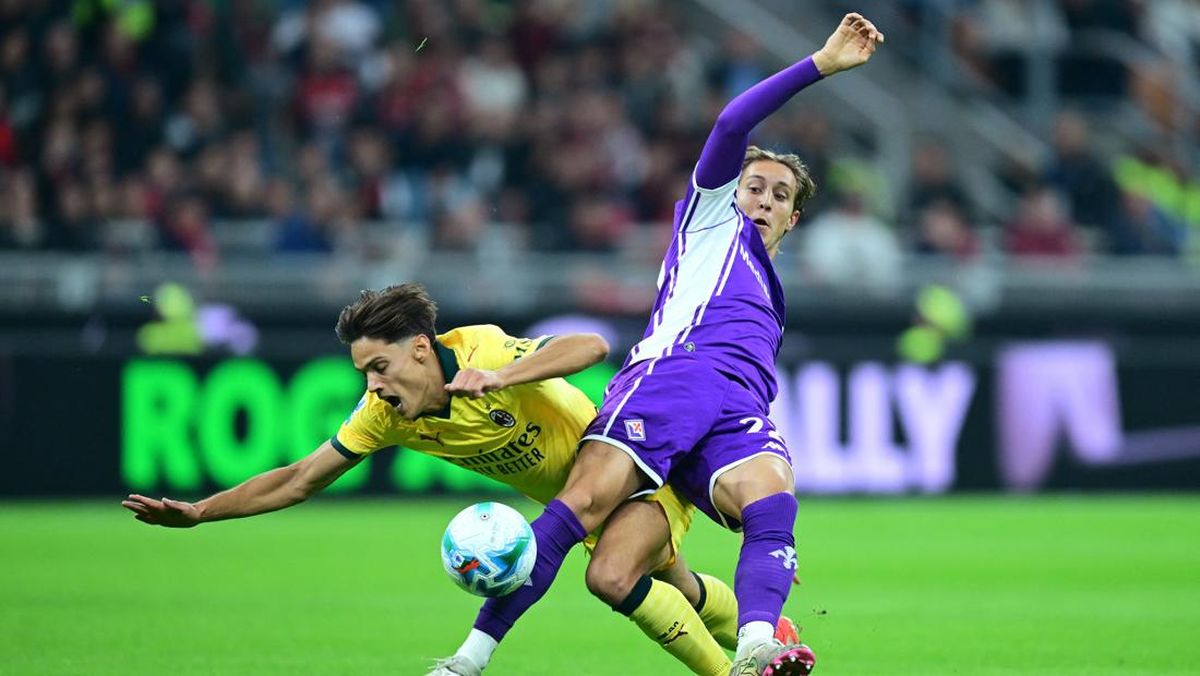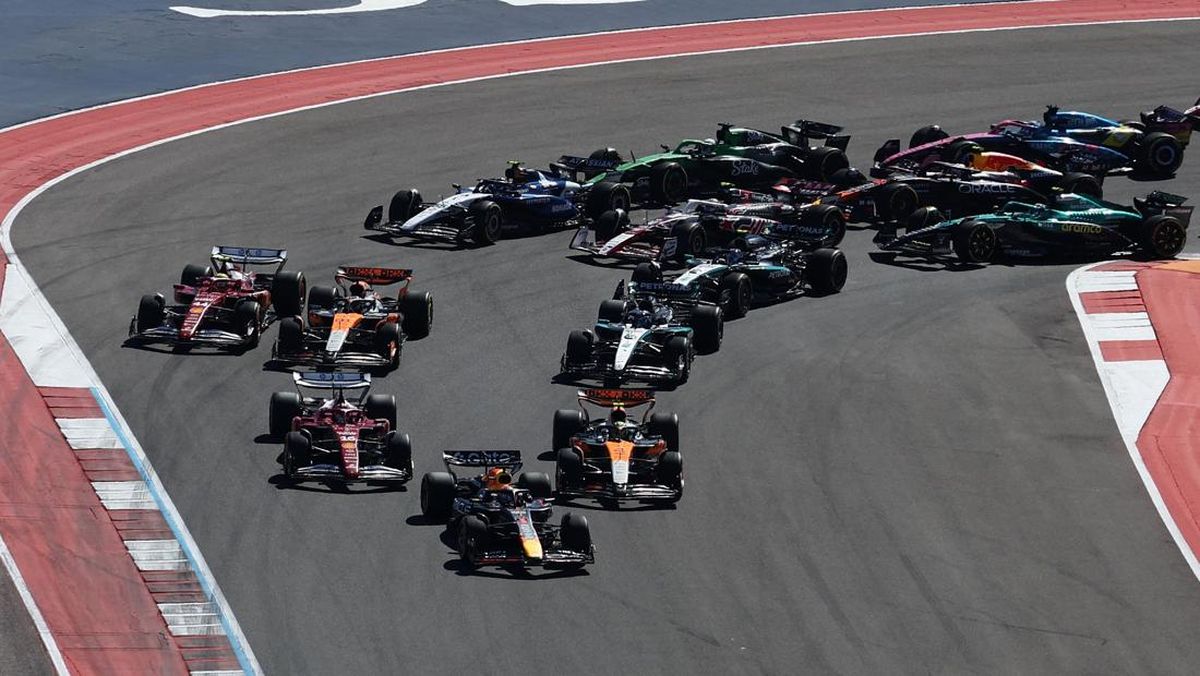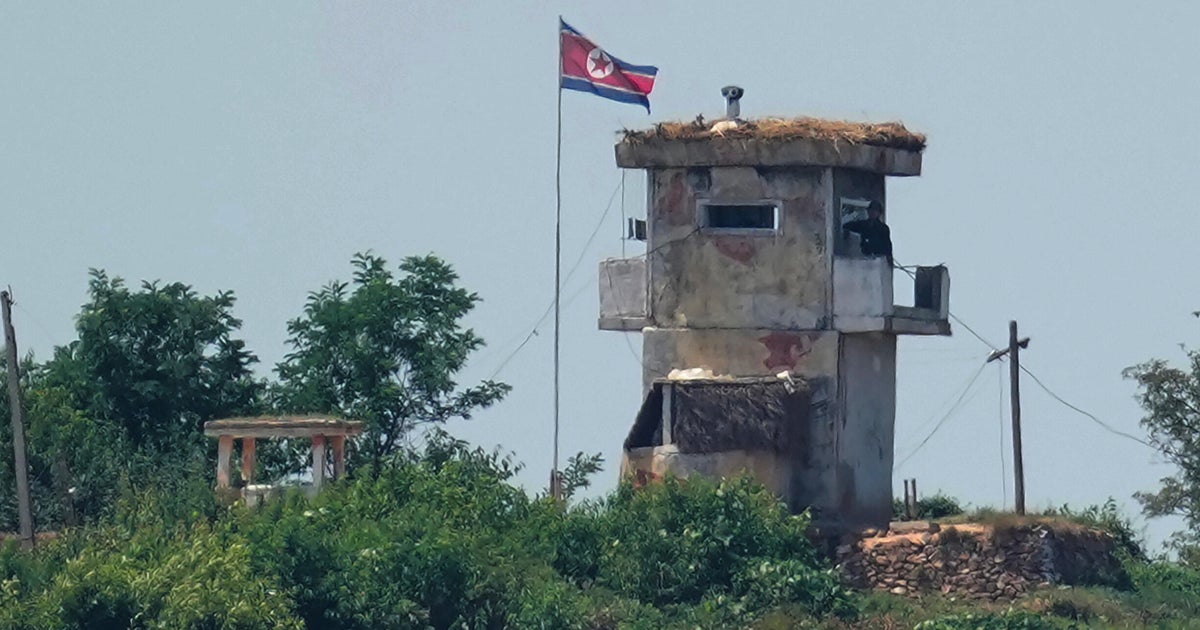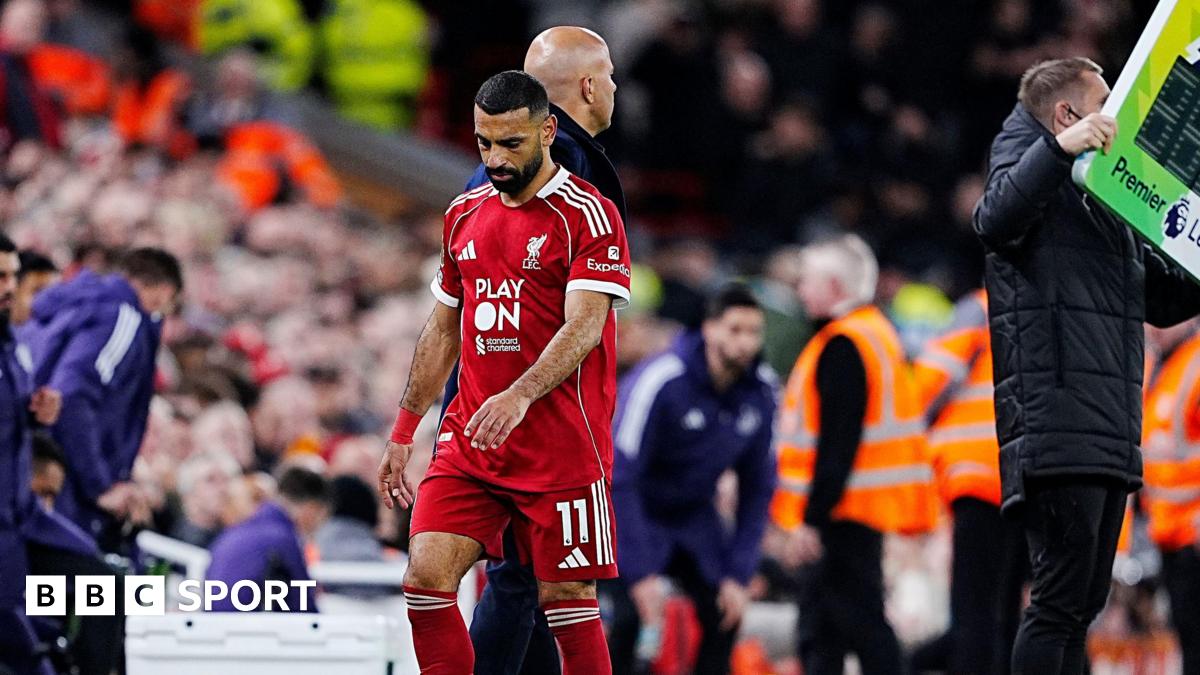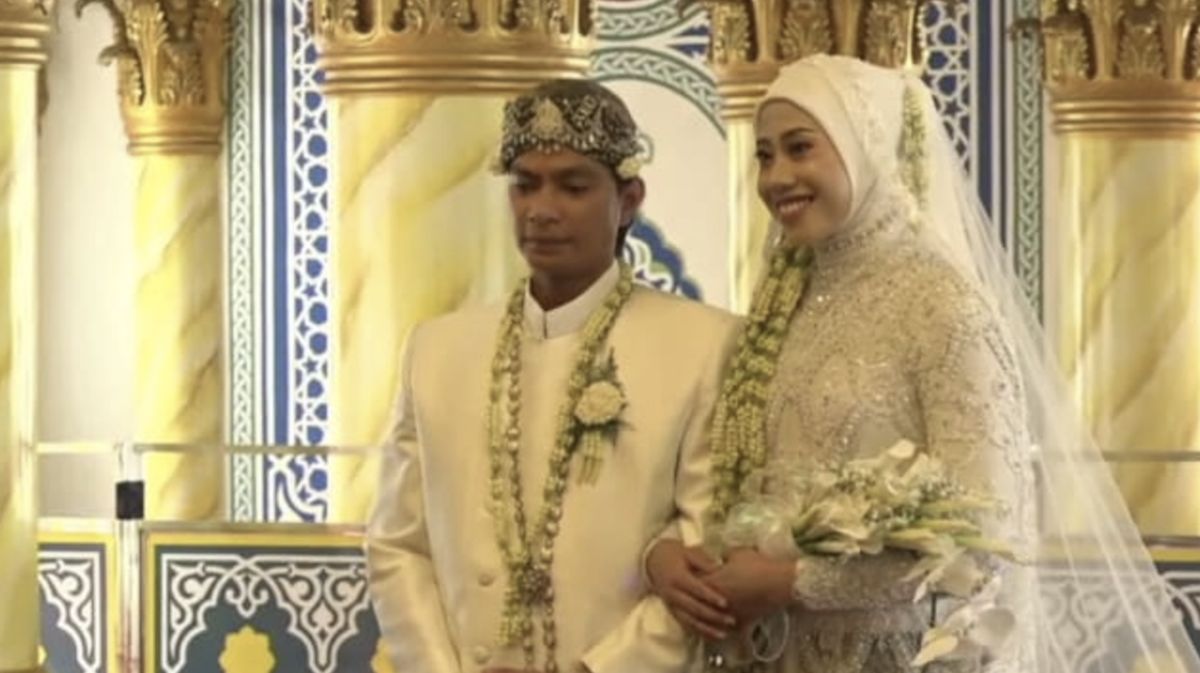Waleed Aly writes about disunity within the Liberal Party (“Liberals at risk of a messy divorce”, October 17). In many senses, this is the logical outcome of Labor’s adoption of neoliberal economic policies in the 1980s. Labor’s move to the centre-right, a place hitherto occupied by the Liberal Party, saw the vacuum to the left filled by the creation of the Greens to play the role of a classic social democratic party, with an additional focus on the environment. This reality has left little space for the Coalition. In many senses, it has become irrelevant to our national conversation. Its differences with Labor on defence are rhetorical rather than substantial, and similarly there’s little real difference on the economy or housing. Modern Labor’s major difference with the modern Liberals is that Labor retains a formal relationship with the union bureaucracy. As long as Australia remains a place where most people have a decent life, there is no real space for a party of the far right any more than there is for a party of the far left. Long may that situation remain, and really, what happens to the careers of Liberal Party politicians is of no interest to anyone but themselves. Colin Hesse, Nowra

Opposition Leader Sussan Ley in Melbourne this week.Credit: Eamon Gallagher
Bob Menzies would roll in his grave if he could see how lost the Liberal Party has become. Economic management was once the party’s selling point, and now it doesn’t even talk about it effectively. After the Tampa affair, Liberals thought that using asylum seekers and migrants as bogies to win the election was the simplest way to get into government, and it worked for many years, until it didn’t. Now there is no coherent narrative in any area, social or economic. They are floundering after the last election loss and no one seems able to steer them in the right direction and bring all warring internal factions together. No wonder some Coalition members are flirting with One Nation and its policies. God help them if they have to look at One Nation for direction. Mukul Desai, Hunters Hill
PM has capital to burn
James Massola tackles an important question (“Has the Albanese-Chalmers relationship broken down?”, October 17). On the face of it the answer is yes, and the country will be poorer for it. Massola suggests Anthony Albanese is from the Left. It’s more like “was”. He says the PM spends political capital reluctantly, but should it not be spent when you have an abundance of it? Albanese commands a massive majority and the opposition is in tatters. The truth is, major reform is beyond Albanese, the Voice referendum proved that and the issue was quickly put aside when it was lost. Chalmers’ proposed tax on unrealised gains was, as Massola states, “problematic”, but it’s clear Chalmers wants a broader debate on generous super concessions. Major issues like this, and others including productivity, taxation, budget repair, housing, energy and the environment, demand some hard political yards. Albanese seems content for ministers to kickstart the process, but as he has shown, will pull the plug once he senses criticism directed at him. His priority is clear – occupancy of the Lodge. Mike Kenneally, Manly

Treasurer Jim Chalmers and Prime Minister Anthony Albanese.Credit: Alex Ellinghausen
Massola answered the question I have struggled with regularly. Albanese has political capital to burn with no real opposition for at least another two terms, yet he meekly does nothing of note. When a PM is more afraid of the talent around them than their opposition, they are doomed to fail. The length of time spent in the PM’s seat is not a measure of success in itself, but when you do nothing with your mandate, it’s definitely a measure of failure. Brian Barrett, Padstow
Gaslit
It’s a national scandal that Australia receives just 43¢ for every $100 of exported gas (“Unions open new tax battle”, October 16). In the 2023-24 financial year, HECS/HELP debt repayments contributed four times more to the federal budget than the Petroleum Resource Rent Tax. That’s madness. Not only are fossil fuel giants such as Chevron, Santos and Woodside polluting our atmosphere, damaging ecosystems and threatening our health and future wellbeing – we’re also getting next to nothing in return. Who does the federal government work for, the gas industry or the Australian people? Amy Hiller, Kew (Vic)
Job creation
I understood it was government fiscal policy that created employment opportunities, but no, apparently this has been delegated to the Reserve Bank through the setting of interest rates (“Jobs put pressure on RBA to cut rates”, October 17). It’s just another example of the current government ducking its responsibilities and pushing the issue onto someone else. Reducing interest rates will only fuel inflation and increase the uptake of more mortgage debt by consumers, leaving them with less for everyday purchases and reducing business confidence. Bruce Clydsdale, Bathurst
Superlative idea
Congratulations to the NGV for returning a wonderful painting to the family who were forced to sell it when they fled the Nazis in 1938 (“Gallery releases painting from Nazi era to Jewish family”, October 17). Your picture of the dignified 17th-century Lady with a Fan stands in stark contrast to the photograph on the opposite page of a flouncing underwear model four centuries later. Analysing the cultural values communicated in these contrasting images could be the subject of a searching HSC exam question, which made students think historically and critically about what different societies value, a task apparently not demanded in this year’s HSC, to the disappointment of many students (“Superhero stars in English exam”, October 17). Philip Bell, Bronte

Lady with a Fan by Gerard ter Borch.
Airbnb genie
I suspect the Airbnb genie is now out of the bottle and is unlikely to be put back (“Councillor goes cap in hand to convert Airbnbs”, October 17). However, local councils should now be charging full commercial rates on any property rented on a short-term basis. The properties as described in today’s Herald are, in my opinion, de facto motels or serviced apartments, and thus should be charged local rates comparable with city hotels. Michael Hayden, Kiama Downs
Prison shame
NSW’s top coroner described the horrific number of deaths among incarcerated Aboriginal and Torres Strait Islander people this year as “profoundly distressing” (“Coroner’s open letter over deaths”, October 16). The fact that the number of Indigenous Australians in custody in NSW and the ACT has increased about 20 per cent in the past five years while the non-Aboriginal prison population has declined is damning, shocking and shameful to us all. The NSW government says it is working to reduce preventable deaths in custody and has spent $16 million to “make prisons safer” by removing ligature points. Is this the best it can offer? Surely systemic racism is at the heart of this tragedy. The government must make massive changes within law enforcement and the prison system to change this. Anything less can be construed as condoning the status quo. Linda Shaw, Braddon (ACT)
Margaret Hayes is mistaken in thinking Australians don’t care enough to take to the streets to protest against Aboriginal and Torres Strait Islander deaths in custody (Letters, October 17). Twenty-five years ago, the Walk for Reconciliation took place in which 250,000 people marched across the Sydney Harbour Bridge to support the rights of Indigenous Australians. The tragedy is that nothing has really improved since then. Ross Duncan, Potts Point
Election lifts peace hopes
In discussion of the prospects for peace in the Middle East (Letters, October 17), your correspondents ignore the simple fact that Israel is a democracy and an election is due in a year. Benjamin Netanyahu has been very unpopular and the much-criticised settler group is but a small minority. So it is indeed possible that a different government may be more accommodating of the existence of a Palestinian state; however, no Israeli government is going to jeopardise Israel’s security, particularly after the terrible events of October 7, 2023. Hence the need to eliminate the threat of terrorism from Hamas and other organisations supported by Iran and its allies. Only then can the region move forward to a peaceful solution that would be beneficial to all. Harold Marshbaum, Longueville

Credit: Alan Moir
Oh, the irony. US President Donald Trump’s threat to kill members of Hamas if they use violence in Gaza is typically hypocritical. After helping arm Israel to attack Palestinians, he now wants to solve the post-ceasefire chaos with more violence. Better lift your game, Donnie, if you want to be considered for next year’s Nobel Peace Prize – though don’t hold your breath. Diane Dennis, Epping
Israel’s other front
Israel launched a massive bombing campaign in south Lebanon on Thursday night, targeting cement factories, quarries, asphalt plants, heavy machinery, building equipment and timber. It looked like a deliberate attempt to prevent the reconstruction of the more than 90,000 homes and extensive public infrastructure it destroyed. Norman Broomhall, Port Macquarie
Defend the press
Friday’s editorial excoriating the assault on freedom of the press in the US is a timely warning to Australia (“Even in Trump’s America, the crackdown on Pentagon reporters is chilling stuff”, October 17).While our laws are less restrictive than Donald Trump’s galloping rampage on freedom of speech, the “Trump virus” of right-wing nationalism, racism and autocracy is infecting democracies around the world. Australia is not immune, despite our comparatively stable social order. The editorial sounds a warning that Australia’s whistleblowers are still prosecuted, that the Department of Defence routinely refuses to “release … basic information” and “press access to state and federal parliaments contains onerous restrictions on movement and operation”. Australia may not be as far down the road as the US but we are not inoculated against the loss of freedoms we have taken for granted since federation. Gerardine Grace, Leura
Let’s all salute the courage of the reporters based at the Pentagon standing up for press freedom. It is good to see the light still shining in the darkness. Mark Porter, New Lambton
White rights wrong
Like most opinions with racist tones, there seems to be little critical thought behind white nationalism in Australia (“Academics defend white nationalism. Their college says that’s freedom of speech”, October 17). Let’s break down the arguments one by one. Proponents want to live in an Anglo-Celtic homeland, so why not go back to Britain? Well, because their ancestors came to Australia for a better life. But then, surely, they can’t criticise people from other countries who also come here for a better life. Paradoxically, they believe multiculturalism is bad. It follows, then, that the arrival of Anglo-Celtic culture in monocultural Australia was also bad. Well no, apparently because those settlers brought civilisation. But if so, they couldn’t criticise others who brought their own version of civilisation. It’s thus clear that the core principles of white nationalists break down under scrutiny, yet they continue to push their viewpoints unashamedly. Fraser Rew, Ashfield
Freedom to worship
What a sad decision to allow protests outside religious institutions (“NSW protest laws ruled invalid by Supreme Court”, October 17). I call upon religious leaders, Christian, Jewish and Muslim, to protest most strongly against this absurd decision. Is nothing sacrosanct any more? Come on leaders, get together and defend the freedom to worship without interference. Rev. David Lloyd, Thornleigh
Classroom miss-behaviour
I think Corin Fairburn Bass (Letters, October 16) is missing the point. As a teacher, I never minded being called “miss” by my students, despite being a mature, married woman. I regarded it as a generic form of address for female teachers, rather than a sign of disrespect. But what bothered me during my first lesson in an Australian high school in 1990 was the condom left on the blackboard ledge. It wasn’t the condom itself that unsettled me, but the fact that these kids were in Year 7. Although this never happened again, my daughter was treated in a similar way at a single-sex school, where senior staff simply told her “boys will be boys”. Now that’s misogyny and sexual harassment. Brenda Proudfoot, Valentine

Women teachers sometimes have a hard time at all-boys’ schools.Credit: Not-for-syndication.
Your correspondent Margaret McDonald writes that government schools have more students with disabilities than private schools (Letters, October 17). However, official data from the Australian Curriculum Assessment and Reporting Authority shows that students with a disability comprise a similar proportion of the enrolled students in all three school sectors – independent, Catholic systemic and government. In the independent school sector, well over 90 per cent of students with a disability are enrolled in mainstream schools. The remaining students are educated in almost 100 special school campuses, which are an integral and valued part of our sector. Furthermore, all schools, including government schools, receive additional funding for every student with a disability and there are higher funding levels for children requiring higher levels of adjustment. David Buley, Association of Independent Schools of NSW
I take exception to your correspondent’s notion that private schools pick their students (Letters, October 17). We put three children through private school and there was no “picking” – each of them stood or fell on their own hard work. The schools were involved and supportive and whether they were academic or not, sporty or not, had nothing to do with being accepted. We made a lot of sacrifices to send them to private school and have never regretted it for a moment. They have all grown into polite, decent adults. Susan Durman, Pyrmont
Remove quay tat
I agree with your correspondents about keeping the Cahill Expressway overpass (Letters, October 17). It would be far too costly and impractical to remove it and relocate the road and rail transport links. My solution would be to remove the tacky souvenir shops and cafes passing themselves off as restaurants from underneath. We could keep the lifts and escalators and put the ticket offices up on the platforms. This would open up the quay to pedestrians with a series of arches all the way from George Street to East Circular Quay. Steve Davidson, Turramurra
Not too close
Deputy PM Richard Marles boasts that the US-Australia relationship is “the closest in the world” (“Marles hails US defence alliance”, October 16), a questionable claim in itself. How about America’s relationship with Israel? Or Britain? Worse, Marles makes his boast when Donald Trump is blowing people to smithereens in international waters and helped fund a two-year slaughter in Gaza to the tune of $31 billion. Closeness to the US is nothing to crow about. Felicity Sutton, Termeil

Defence Minister Richard Marles.Credit: AFL Photos
Deserved recognition
Congratulations to the Herald and its fantastic journalists on doing so well in the Walkley Awards, although I was sorry that Cathy Wilcox was missing (“Herald shines in list of Walkley Award finalists”, October 17). It’s good to see journalists still have jobs in this scarily AI world – and you can believe what they write. Mary Billing, Allambie
Soy sauce v white shirt
The PM wearing a white polo shirt anywhere in the vicinity of soy sauce. That is a sign of supreme confidence (CBD, October 17). Lisa Clarke, Watsons Bay
Slip-up incoming
I was watching TV news the other night and a reporter reported that a man “had no income coming in”. That must be a setback setting him back and a headache aching his head. Justin Fleming, North Sydney
- To submit a letter to the Sydney Morning Herald, email [email protected]. Click here for tips on how to submit letters.
- The Opinion newsletter is a weekly wrap of views that will challenge, champion and inform. Sign up here.


